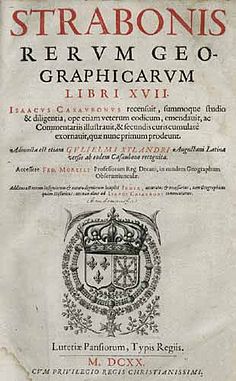Articles about maps
History of cartography
All about topographic maps
Topographic maps and traveling
Two centuries of Russian Cartography
Navigation software and offline maps
History of cartography
Cartographic maps of ancient East
Cartographic maps of ancient Rome
Cartographic pictures of primitive people
Cartography and geography in ancient Greece and Hellenistic countries
Cartography and geography in Armenia and in countries of Arab Caliphate
Cartography in slave-holding China
First Maps
Literature and Astronomy
Pythagoras and first hypothesis about Earth’s size
Strabo and cartography
The development of Russian Topography
The origins of astronomy
The origins of cartography
Why we so many ancient maps diasappear?
The origins of cartography
Cartography did not arose as a fully developed science or even art; it developed slowly and with difficulty, the sources of its origin are in the clouds. The first and the most important stage of its development starts in the last century of the pre-Christian era, in Alexandria, Egypt, the Roman capital. This city, located just 12 miles from the mouth of the Nile, was at that time the largest information center, where news from the whole world flow. Richly endowed with natural wonders, Alexandria was able to significantly augment inheritance masterpieces of architecture, art treasures and books; the beauty and the value of which rivaled only with the Eternal City. Alexandria became a true center of the Hellenic world, alluring beacon for travelers and a haven for scientists - a city where people could think.
Among European travelers, who in 25 BC crossed the Mare Nostrum (Mediterranean Sea) to visit Alexandria, was a young man named Strabo. Born in Amasia, the capital of the former kingdom of Pontus, he was a very important figure in the history of cartography.
Strabo was a very curious traveler; in addition, he had a very good ability to evaluate what he had seen. He was born in 63 BC and received an excellent education. While in Rome, he studied at Tirraniona whom Cicero considered to be capable philosopher and outstanding geographer. Strabo was a convinced Stoic, loyal follower of Zeno from Kition - the founder of the sect, for which physics, ethics and logic were the "official art", without which it is impossible to apply the philosophy and thereby acquire knowledge.
Strabo takes in history and in this story a strange place. It is doubtful that he has made at least some personal contribution to the treasury of human knowledge; hardly in his life he has made at least one map. But the "Geography" of Strabo - work in 17 books - is the main key to the history of ancient cartography, simply because this manuscript survived and was published, while most other works and maps were lost or destroyed.

Almost everything we know about Greek cartography up to Claudius Ptolemy (150 AD), originates in the writings of Strabo. So we were lucky that Strabo was not only a historian with extensive interests and talent of the narrator, but a geographer, interested in the customs and origin - the details of which more academically minded authors could find unnecessary. It is believed that he spent almost five years at the Bibliotheca Alexandrina, studying the works of ancient philosophers and scientists and collecting material for his "Geography".



